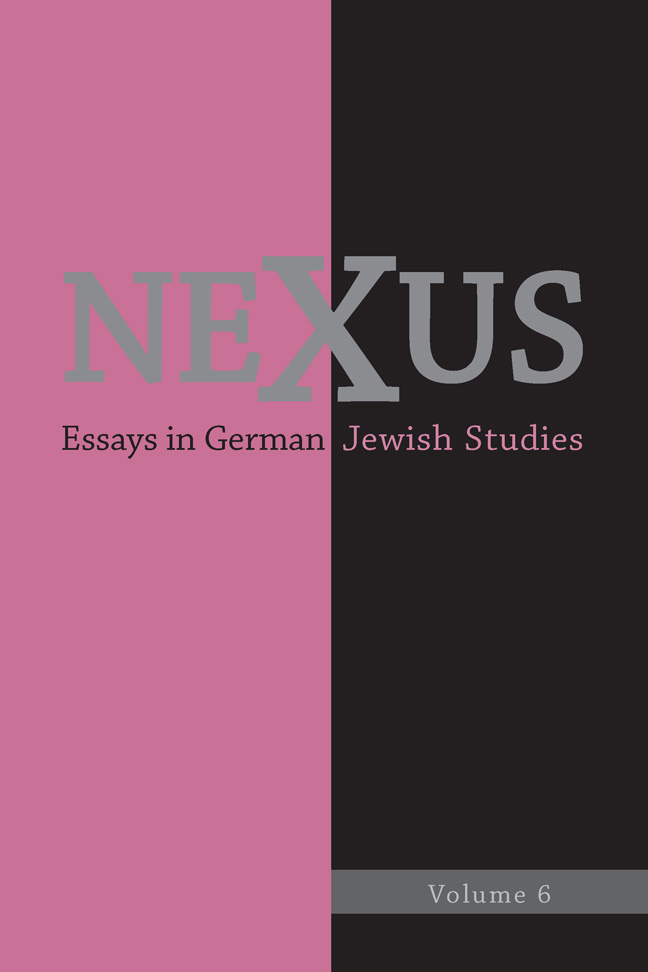Christian Responsibility and Anti-Jewish Theology: Revisiting “Reclaiming Bonhoeffer After Auschwitz”
Published online by Cambridge University Press: 12 January 2024
Summary
German Lutheran pastor and theologian Dietrich Bonhoeffer has been lauded for his efforts to resist both the Third Reich and the German Protestant Church's support for the Nazi regime. Interest in Bonhoeffer increased just as Jewish-Christian dialogue began anew in the 1960s and 1970s, leading many to wonder if he might be considered a guide for post- Holocaust Jewish-Christian relations. That suggestion is complicated by Bonhoeffer's use of traditional Christian anti-Jewish theology, even in his efforts to resist National Socialism. This essay revisits the author's own previously published article to examine efforts to defend or promote Bonhoeffer as a source for Jewish-Christian relations. Informed by a deeper reading of Emil Fackenheim and Eberhard Bethge, the author revises his previous conclusions and offers a new path forward.
The life and theological commitments of German Lutheran pastor Dietrich Bonhoeffer (1906–45) are of perennial interest to people exploring interactions between religion and state in the context of World War II. A self-declared pacifist, Bonhoeffer led ecumenical efforts prior to the onset of the Third Reich, helped organize and resource the Confessing Church movement created to resist the Nazi-aligned Deutsche Christen (German Protestant Church), and, once those efforts went nowhere, joined in several assassination plots against Adolf Hitler. He was executed in the Flossenbürg concentration camp just over two weeks before the camp was liberated.
Interest in Bonhoeffer intensified in the 1960s in the context of post- Holocaust Jewish and Christian thought. Especially when read through his prison writings alone, Bonhoeffer was often presented as a theologi cal hero. Scholars committed to reconstructing post-Holocaust Jewish and Christian life (both independently and in dialogue) were heavily attuned to discourse around Bonhoeffer. More documents and historical detail about Bonhoeffer emerged in the late 1950s and 1960s, just when debates about life in the post-Holocaust era were emerging. Especially among Jewish scholars and Christian theologians, Bonhoeffer was a figure to be studied and interrogated. Central to the debate has been the question whether, for all his lived commitment to resistance to murderous totalitarianism, Bonhoeffer can be considered a guide for the development of post-Holocaust Christian theology or Jewish-Christian relations.
In 2004, while I was a doctoral candidate in Baylor University’s Institute for Church-State Studies and affiliated with the Center for American and Jewish Studies, my first published academic article joined that stream of discourse.
- Type
- Chapter
- Information
- NexusEssays in German Jewish Studies, pp. 101 - 118Publisher: Boydell & BrewerPrint publication year: 2023

